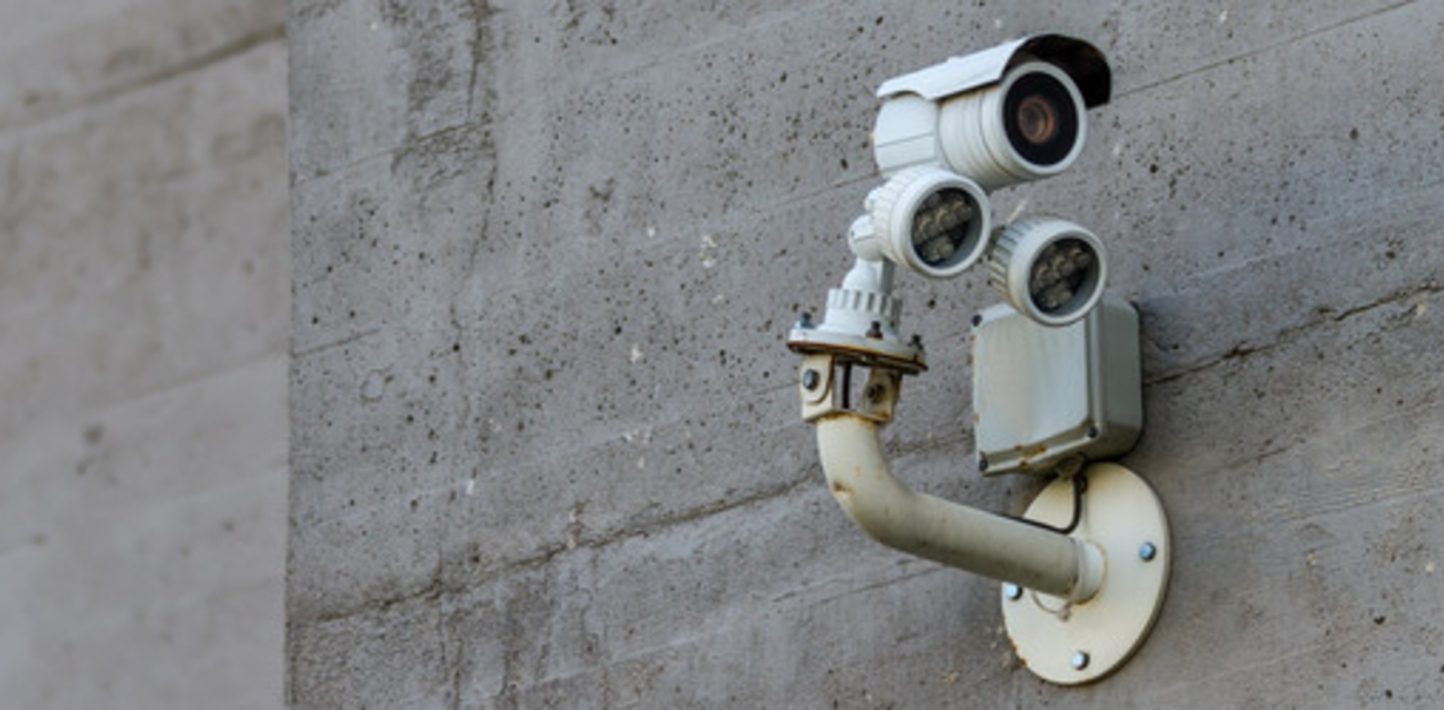Responding to the news that Moscow police have detained several activists and journalists identified using facial recognition technology as attendees of the peaceful rally in support of Aleksei Navalny on 21 April, Natalia Zviagina, Amnesty International’s Moscow Office Director, said:
“This is a new and extremely disturbing turn of events. Never before have the police been able to cast their net so widely to identify and target peaceful protesters using facial recognition technology. The police detained not only those who had joined the protests but also at least three journalists who were simply reporting on the rally.
“Previously the protesters’ main risk was being beaten and arbitrarily detained by police at a rally. As of now, avoiding this fate does not mean that you can feel safe – the repressive state knows who you are and can come for you at any point. The risk of attempting to exercise your right to freedom of peaceful assembly has never been so high in Russia.
Previously the protesters’ main risk was being beaten and arbitrarily detained by police at a rally. As of now, avoiding this fate does not mean that you can feel safe – the repressive state knows who you are and can come for you at any point
Natalia Zviagina, Amnesty International’s Moscow Office Director
“We reiterate our call to ban the development and use of facial recognition technologies for identification purposes. The authorities’ persecution of peaceful protest is now reaching a whole new level in Russia.”
Background
Over the last few days, the Moscow police visited the homes of dozens of peaceful activists who attended the rally in solidarity with Aleksei Navalny on 21 April. Some of the people were detained immediately, others were summoned to police stations to have their “unlawful” participation in peaceful rallies documented ahead of a court hearing on these “offences”.
On the morning of 27 April, the police came to the homes of Aleksei Korostelyov, a reporter for TV Dozhd, an independent news channel, Oleg Ovcharenko, a correspondent for the Ekho Moskvy radio station, and Aleksandr Rogoz, working with Komsomolskaya Pravda newspaper.
All men were questioned about “participation” in the protest rally, even though their journalist credentials had been confirmed and their respective employers stated that their journalists were covering the demonstration “in accordance with the editorial assignment.” Participants in “illegal” protests may face up to 30 days in jail or heavy fines, or face criminal prosecution and prison, depending on specific charges and a record of similar previous “offences”.


